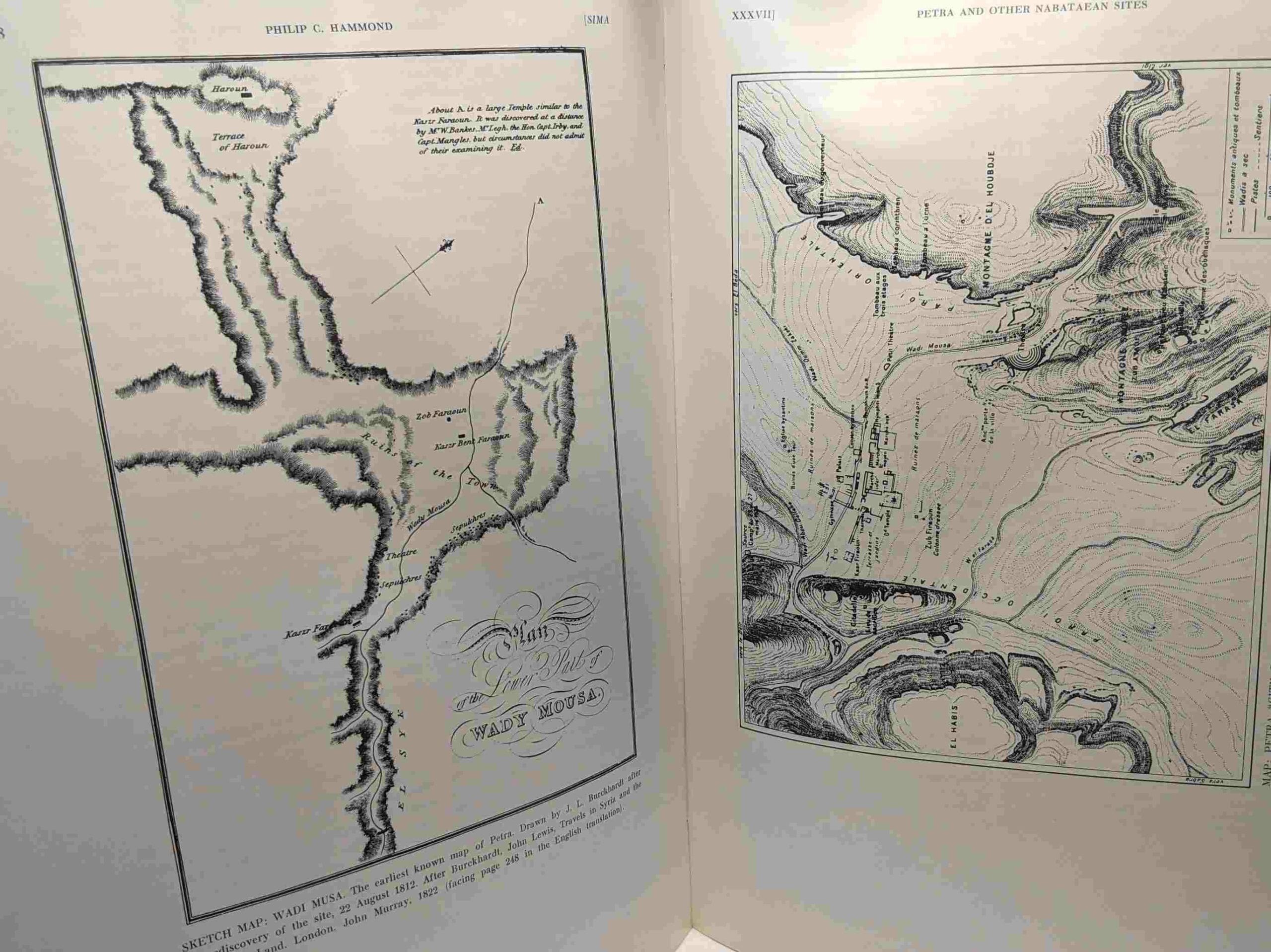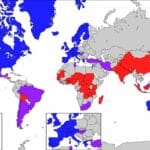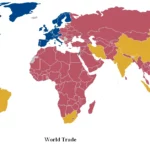Have you ever wondered what might have happened if the Roman Empire, in all its might, hadn’t conquered the Nabataean Kingdom? Imagine the architects of the breathtaking city of Petra, carved directly into the rock, not as a subjugated people, but as rulers of a mighty empire rivaling even Rome itself. Let’s delve into this alternate history, exploring how the Nabataeans’ ingenuity, military prowess, and mastery of trade could have reshaped the ancient world.
Could the Nabataeans Have Repelled Rome?
In 106 CE, the Roman Empire absorbed the Nabataean Kingdom, changing the course of history. But what if, instead of succumbing to Roman might, the Nabataeans had successfully repelled their advances? Perhaps internal strife within the Roman Empire could have distracted them, providing the Nabataeans a crucial opportunity to solidify their independence.
Imagine a scenario where:
- Masters of the Desert: The Nabataeans, already renowned for their understanding of water management in arid environments, leverage their knowledge to construct sprawling cities and develop innovative military strategies, transforming the unforgiving desert into their stronghold.
- A Crossroads of Faiths and Cultures: The Nabataeans’ openness to religious diversity fosters a unique spiritual landscape, potentially even influencing the trajectory of monotheistic religions like Christianity. This cultural melting pot, blending Persian, Greek, Indian, and Nabataean influences, leaves an indelible mark on the region, shaping artistic expressions, philosophical thought, and societal norms.
It is impossible to determine with absolute certainty whether a Nabataean Empire would have emerged or how it might have unfolded. However, exploring alternate histories allows us to view the past from fresh angles, fostering a deeper understanding of the forces at play and appreciating the intricate tapestry of historical events.
Unveiling the Nabataeans: Are There Modern Descendants?
The Nabataeans didn’t simply vanish into the desert sands after the Roman annexation. As adept traders and navigators of the arid landscapes, they played a pivotal role in the ancient world’s commerce. However, the fate of the Nabataeans after 106 CE remains a subject of debate, leading to speculation about the existence of their modern-day descendants.
Clues to their heritage might be found in:
- Whispers of the Past: Oral histories passed down through generations in regions once inhabited by the Nabataeans could hold valuable insights into traditions and practices that have survived through the ages.
- Decoding Ancient DNA: Comparing DNA from ancient Nabataean remains with the genetic makeup of modern populations in the region may reveal possible genetic connections.
- Tracing Linguistic Evolution: Examining the transformation of the unique Nabataean script, with its blend of Aramaic and Arabic influences, could provide linguistic breadcrumbs leading back to the Nabataeans and shed light on their integration with neighboring cultures.
While definitive answers remain elusive, exploring the possibility of modern-day Nabataean descendants offers a glimpse into the enduring impact of ancient cultures and highlights the complex interplay of cultural exchange, assimilation, and survival across generations.
Unlocking the Mystery: Who are the Modern Day Nabataeans?
While the Nabataeans left behind a legacy etched in stone, the question of their modern descendants remains a captivating puzzle. Despite extensive research and speculation, pinpointing a specific group as their direct descendants is impossible with current evidence.
Some experts propose a connection to Bedouin tribes inhabiting the areas where the Nabataeans once thrived, citing similarities in their desert survival skills and cultural practices. However, this theory requires further investigation, as the passage of centuries and the complexities of cultural blending make tracing direct lineages a formidable challenge.
The quest to uncover the identity of modern-day Nabataeans, while potentially leading to a dead end, offers valuable insights into the enduring impact of ancient civilizations, the complexities of cultural fusion, and the limitations of our understanding of the past.
Unveiling the Nabataeans: Ethnicity and Cultural Fusion
The Nabataeans, with roots firmly planted in their Arabian heritage, emerged from nomadic origins to establish a sophisticated civilization that thrived in the unforgiving landscapes of the Negev Desert. Their story is one of adaptation, resilience, and a unique blend of cultural influences.
Masters of Their Environment:
The Nabataeans’ mastery of water management and their strategic control over vital trade routes, particularly the lucrative Incense Route, propelled them to economic and political prominence, establishing them as a force to be reckoned with in the ancient world.
Petra: A testament to Cultural Fusion:
Their architectural prowess, most notably demonstrated in the magnificent rock-cut city of Petra, stands as a testament to their ingenuity and the fusion of Arabian traditions with influences from the Greeks, Romans, and Persians.
Language as a Window into Identity:
While adopting Aramaic for trade and official inscriptions, evidence suggests the Nabataeans continued to speak an Arabic dialect, preserving their linguistic identity amidst cultural exchange. This suggests that cultural assimilation is not always absolute, and traces of a people’s heritage can endure even within a broader, dominant culture.
The Nabataeans’ story reminds us that identity is a tapestry woven from multiple threads. Their legacy extends beyond monumental architecture; it lies in their ingenuity, resilience, and the enduring impact of their culture on the regions they inhabited. By delving into their world, we gain a deeper appreciation for the complexities of cultural exchange and the enduring mysteries of ancient civilizations.
Connecting to Other Content:
Did you know the Puritans grappled with issues of religious identity and societal change centuries later? Learn about their solution, the Half-Way Covenant, and its impact on colonial America by clicking on this link: why did the puritans create the half way covenant
- Unlocking Francis Alexander Shields’ Finance Empire: A Comprehensive Biography - July 12, 2025
- Unveiling Francis Alexander Shields: A Business Legacy - July 12, 2025
- Francis Alexander Shields’ Business Career: A Comprehensive Overview - July 12, 2025















